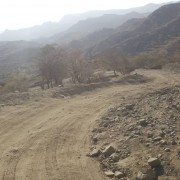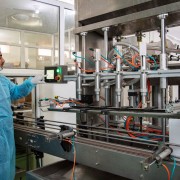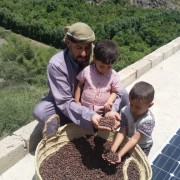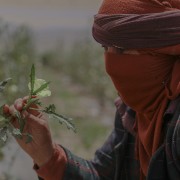Speeches Shim

The only road connecting the village of Shaab Al-Thakhri, which sits in a rural, mountainous area of Taiz Governorate, to the district market and other villages used to be a single-track dirt road destroyed by mud slides and flood torrents every rainy season. The road was rendered impassable except by four-wheel-drive vehicles, making transport near impossible for many, even during emergencies.

Mohammed has a vision: his generation can foster peace by continuing to serve the community and creating employment opportunities throughout Yemen.

Female entrepreneur Sameeha founded Rover Bird in 2009. The company distributes a range of local agricultural products, with a focus on coffee. “We faced huge problems in the beginning,” Sameeha recalls. “I was one of the very few Yemeni women to enter the coffee business. Men dominate the industry, and management level opportunities for women are very rare. Despite these hurdles, I managed to export to Japan, Ukraine, and some European countries – tiny quantities, but I realized I had real potential to grow.”

In the jagged hills of Bab Al-Khalsa – Wadi Baqlan village in Sana’a Governorate, Hameed grows coffee as his main crop, along with qat and a few cereals, to support his family of 10. Like his elders before him, Hameed used to harvest his coffee crop using traditional methods, picking a haphazard combination of premature yellow and green coffee cherries, then storing them in a location that was poorly sealed and unprotected.

Like millions of other rural farmers, Warda’s crops and income were destabilized by the war in Yemen. “Our suffering doubled when the war began; we could no longer care for our farm due to the absence of diesel, water scarcity, and the country’s economic conditions in general,” Warda explained.

Comment
Make a general inquiry or suggest an improvement.